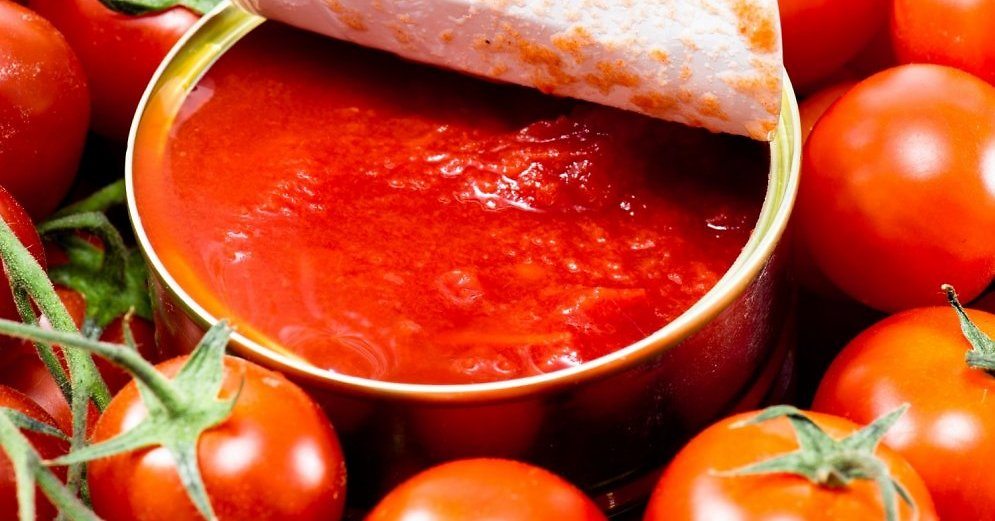All Farmers Association of Nigeria (AFAN) in Niger, have urged the Federal Government to put the right structures in place through effective monitoring before banning importation of tomato paste into the country.
Alhaji Shehu Galadima, AFAN Chairman in the state, gave the advice in Minna.
“I am in support of the planned ban on importation of tomato paste into the country by the federal government.
“This is because the importation is not growing our economy in terms of local and foreign trade.
“You also find out that some of these importers import all kinds of substandard tomato pastes that can be hazardous to the public,” he said.
Galadima, however said that the policy would fail if the right structures are not put in place by government before effecting the ban.
“Government must encourage the private sector to establish more tomato paste industries and also assist the local tomatoes farmers who will provide the raw material before such policy will work.
“Right now we don’t have enough industries to produce the quantity of tomato paste we need in Nigeria.
“The tomato farmers across the country lack modern storage facilities, that is why half of what we produce rots away,” he said.
Recently the Minister of Agriculture and Rural Development, Chief Audu Ogbeh, said in Kano that the government would place final ban on the importation of tomatoes paste before the end of 2019, to encourage massive local production.
Ogbeh who was on fact finding visit to Dangote Tomato processing plant at Kadawa in Kano state, said that the measure was part the federal government’s tomato revolution initiative across the country.
The Minister said that Nigeria spent over $22 billion on the importation of tomato paste from China annually, adding that the CBN intervention would not only empower local growers but strengthen the nation’s foreign exchange earnings.
He disclosed that the inspection of Dangote’s tomato facility was part of measures to encourage private manufacturing companies to sustain local production of tomatos.
Source: VON











